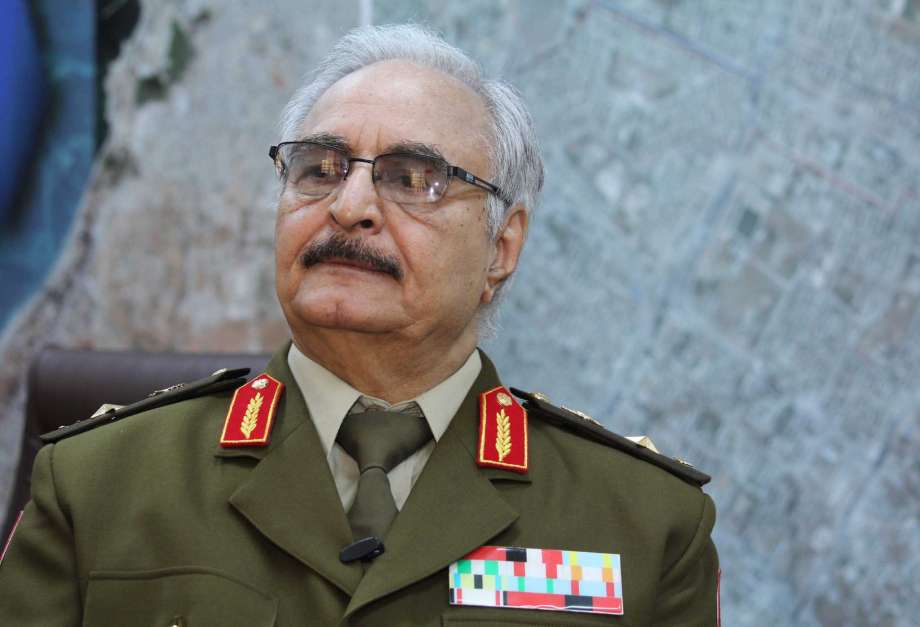Libya’s state oil company is lifting force majeure at three ports seized days earlier by eastern forces led by Khalifa Haftar, and exports will resume immediately at two of them, it said on Thursday.
National Oil Corporation Chairman Mustafa Sanalla said in a statement he had accepted a handover of the ports from forces loyal to Haftar, the Libyan National Army (LNA) chief, during a visit to Zuwaytina on Wednesday.
“Exports will resume immediately from Zuwaytina and Ras Lanuf, and will continue at Brega,” Sanalla said, adding the decision was taken according to instructions from both the U.N.-backed government in Tripoli and Libya’s eastern parliament. “Exports will resume from Es Sider as soon as possible.”
The four ports lie in Libya’s so-called oil crescent region.
A port official at Ras Lanuf said a tanker had docked to load crude at the port early on Thursday, the first to do so since at least 2014, and that a second tanker had docked at Brega, which has remained open.
He said the shipments had been arranged before Haftar’s LNA seized control of Es Sider, Ras Lanuf, Zuwaytina and Brega on Sunday and Monday.
Separately, an oil official said production had restarted on Thursday at the Nafoura field, which was closed in November 2015 due to force majeure at Zuwaytina port.
Political disputes, armed conflict and militant attacks have reduced Libya’s oil output to a fraction of the 1.6 million barrels per day it produced before the OPEC member’s 2011 uprising.
The conflict has denied the country an estimated $100 billion in revenues over the past three years.
The LNA seized the oil ports from a rival force loyal to the U.N.-backed Government of National Accord (GNA) led by Fayez al-Sarraj in Tripoli.
The U.S. and other Western nations condemned the move, saying they were ready to prevent any exports attempted outside the GNA’s authority, but Sanalla said it could lead to a “new phase of cooperation” between Libya’s factions.
Earlier this week Sanalla said production could be raised to 600,000 bpd from about 290,000 bpd within a month, and to 950,000 bpd by the end of the year, but that this would depend on the NOC receiving new funds and on the reopening of blockaded pipelines in southwest Libya.
